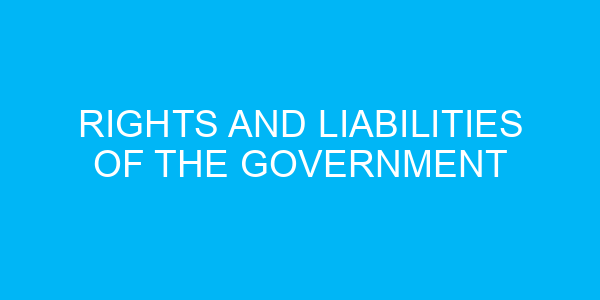11. Which of the following is an example of government immunity from liability?
a) Sovereign immunity
b) Official immunity
c) Executive immunity
d) Judicial immunity
12. The doctrine of sovereign immunity means that:
a) The government cannot be sued under any circumstances.
b) The government can only be sued for intentional acts.
c) The government can be sued, but with limitations.
d) The government is liable for all its actions.
13. The government can delegate its functions and liabilities to other entities through:
a) Privatization
b) Outsourcing
c) Public-private partnerships
d) All of the above
14. Which of the following is true regarding the rights of the government in relation to taxation?
a) The government has unlimited power to tax.
b) The government can tax only certain individuals.
c) The government cannot impose taxes.
d) The government can tax only corporations.
15. The government can acquire private property for public use through the power of:
a) Eminent domain
b) Imminent danger
c) Emergency requisition
d) Compulsory acquisition




